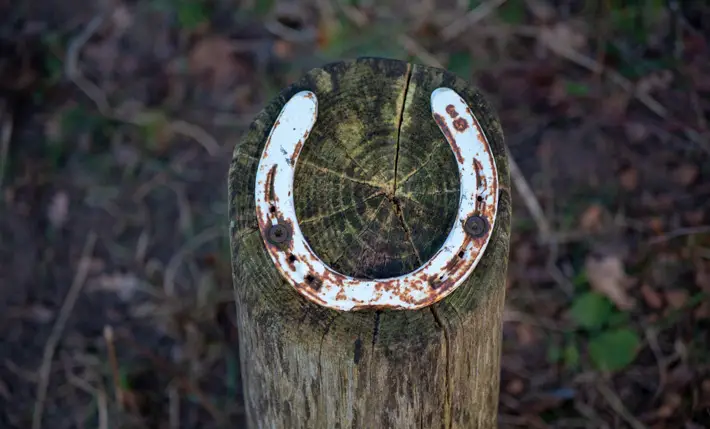Common Superstitions in Everyday Life

Many people are of the belief that you make your own luck. Golfing legend Gary Player, for example, used to remark that “The harder I practice, the luckier I get”. Clearly he felt that good fortune played no part in his success, and that it was sheer hard work and repetition that enabled him to hone his skills and drive him towards nine major championship wins.
But there are plenty out there who do believe in luck, to the point where they’ll connect seemingly irrelevant events to the things that occur subsequently. These are called superstitions, but what are some common examples?
Numbers
Lots of people have a lucky number. It may have an emotional attachment – perhaps signifying your birthday or the address of your first house. For others, there may be a religious connection – the number seven, for example, plays a prominent role in Christianity, Judaism, Islam, Hinduism and Buddhism.
There are unlucky numbers, too. Thirteen is seen as such – a superstition that some believe relates to Judas Iscariot being the 13th person to attend the Last Supper before he betrayed Jesus. As a result, many people will try to avoid the number 13, especially when playing games or sports.
Breaking a mirror
Even if accidental, this is said to bring seven years’ bad luck. The superstition is thought to date all the way back to the Romans, who believed that every seven years the broken elements of your life would fix themselves. So, the theory went that if a mirror was shattered and your reflection was its last, you would suffer until the seven years were up.
Finding a horseshoe
Horseshoes are considered to be lucky items that repel evil and provide protection, which is why they’re often gifted to newly married couples. This superstition has its roots in ancient folklore, including tales of a blacksmith who made a red-hot horseshoe for the devil, who was then in such pain that he tore it off and vowed never to go near one again.
Walking under a ladder
As well as being potentially dangerous, walking under a ladder is seen by many to be a bad omen. The Egyptians saw the triangle (formed by the floor, ladder and the wall it leans upon) as sacred, and to pass through it was to desecrate it.
Being pooed on by a bird
For a lot of people, this would come as a major inconvenience. It may result in a change of outfit or the need for a shower, but for some it’s seen as good luck – in part because despite the number of birds in the sky and the amount of people moving around below them, it’s still a rare occurrence.










